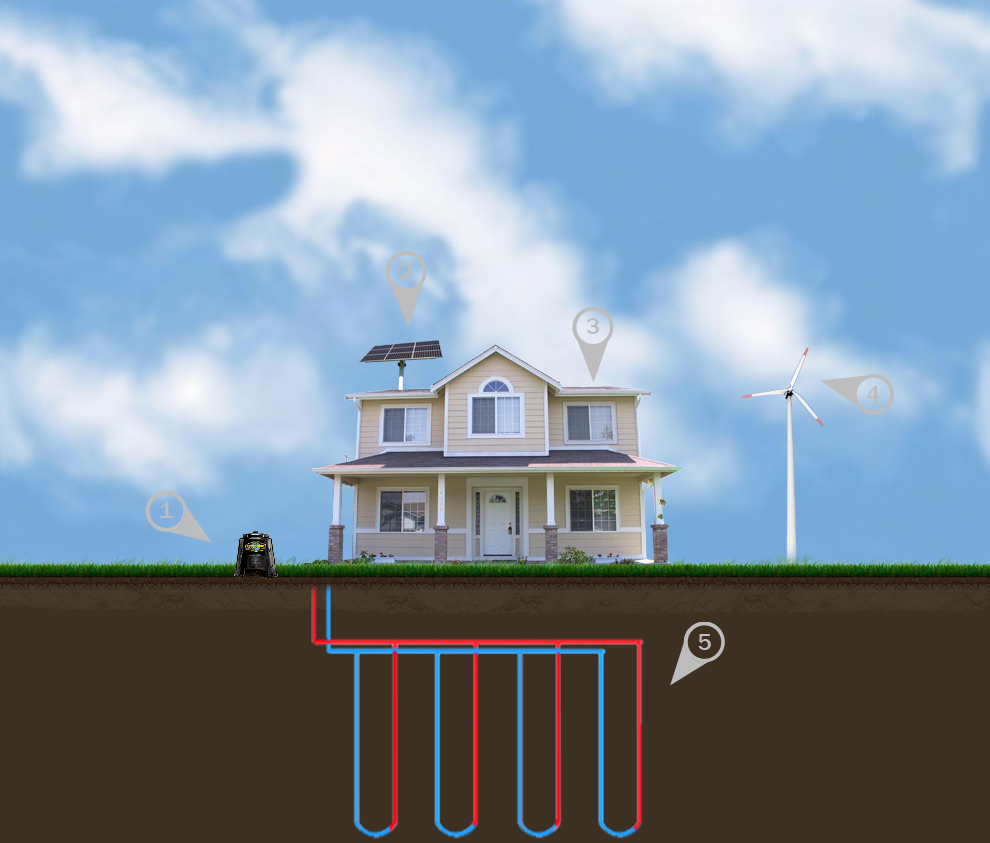
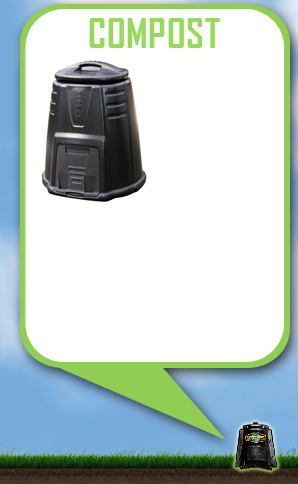
Composing left over scraps is the easiest way that you can reduce the amount of waste that your household consumes.
Table scraps and other biodegradable wastes from your home can be decomposed into fertile soil that you can use for your garden or potted plants, while also saving 2 tons of waste from your yearly waste.
More Info
More Info
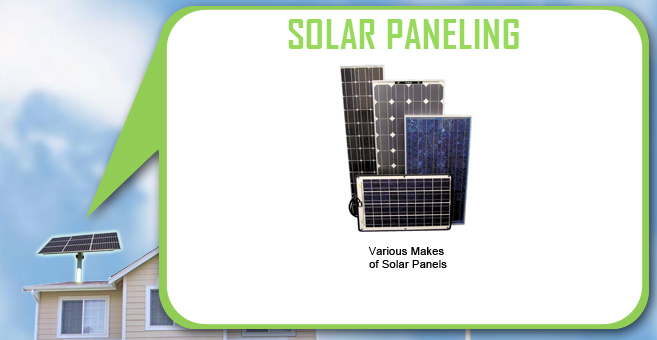
A solar cell, or photovoltaic cell (PV), is a device that converts light into direct current using the photoelectric effect.
The amount of solar power generation for your home depends on your geographic location.
They come in a variety of sizes depending on what they are needed for, whether is it your cottage or primary home.
The amount of solar power generation for your home depends on your geographic location.
They come in a variety of sizes depending on what they are needed for, whether is it your cottage or primary home.
Solar power works well for most items except large electric appliances that use an electric heat element such as a water heater, clothes dryer and electric stove - for example - or total electric home heating systems. It is not cost effective to use solar power for these items.
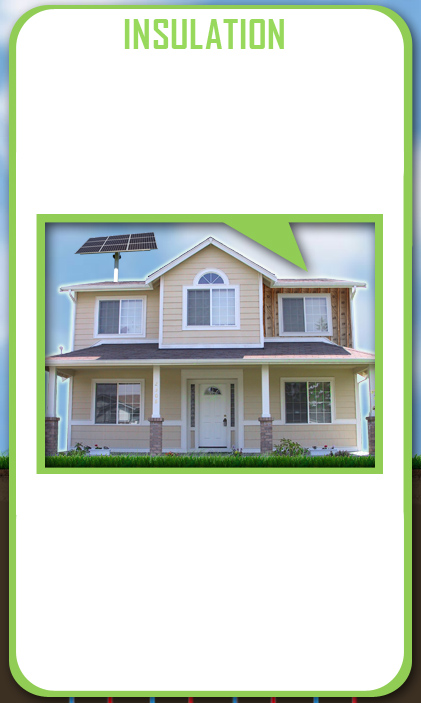
Insulation is one of the smartest investments you can make in your home because it provides year-round comfort and savings.
Insulation keeps your home warmer in the winter, which lowers your heating costs. In the summer, insulation keeps your home cooler, which eases the load on your air conditioner.
Insulation keeps your home warmer in the winter, which lowers your heating costs. In the summer, insulation keeps your home cooler, which eases the load on your air conditioner.
But to reduce your impact further through not just improving your home’s energy efficiency, there are also non-toxic and renewable insulation technologies that will certify the health of yourself and the planet.
More Info
More Info
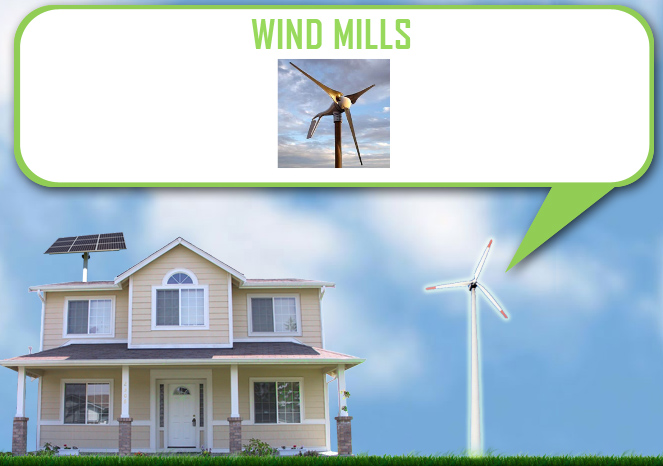
The wind is a clean and plentiful source of energy. The Canadian Wind Energy Association (CanWEA) believes that wind energy could potentially supply up to 20% of Canada's electricity requirements.
A small wind energy system could prove to be a practical and economical source of electricity for your home or farm. Various sizes and designs of wind mills are available.
More Info
More Info
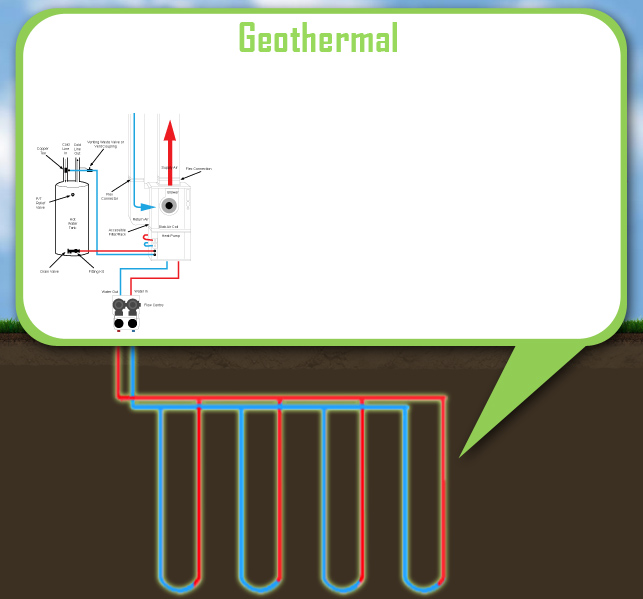
Geothermal Energy utilizes the constant temperature of the earth.
This means that For most areas, soil temperatures are usually warmer than the air in winter and cooler than the air in summer. Geothermal heat pumps use the Earth's constant temperatures to heat and cool buildings. They transfer heat from the ground (or water) into buildings in winter and reverse the process in the summer. Other than its large initial cost Geothermal energy is perhaps the most cost effective, and energy efficient way of cooling your home
More Info
This means that For most areas, soil temperatures are usually warmer than the air in winter and cooler than the air in summer. Geothermal heat pumps use the Earth's constant temperatures to heat and cool buildings. They transfer heat from the ground (or water) into buildings in winter and reverse the process in the summer. Other than its large initial cost Geothermal energy is perhaps the most cost effective, and energy efficient way of cooling your home
More Info





